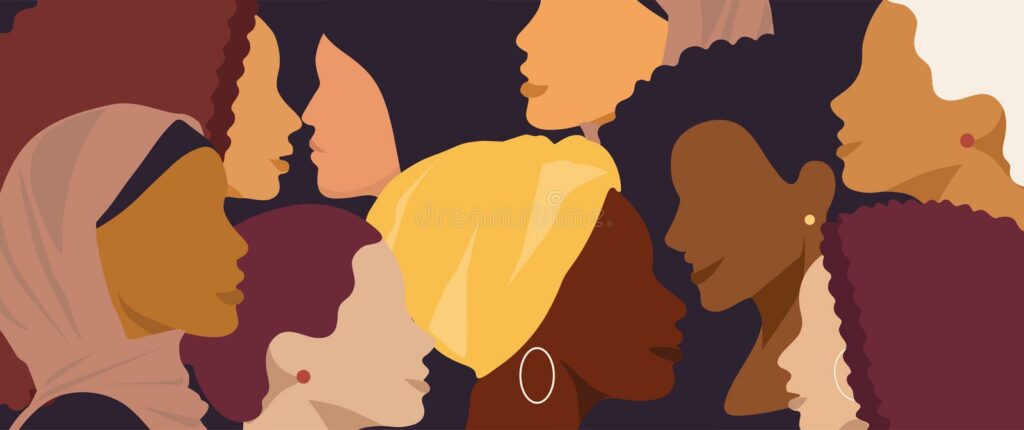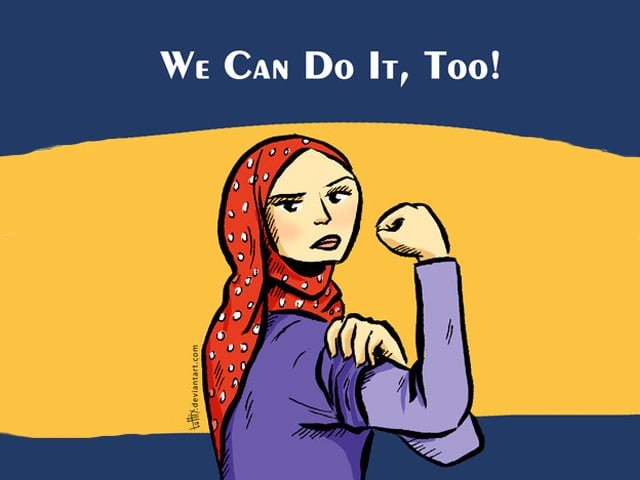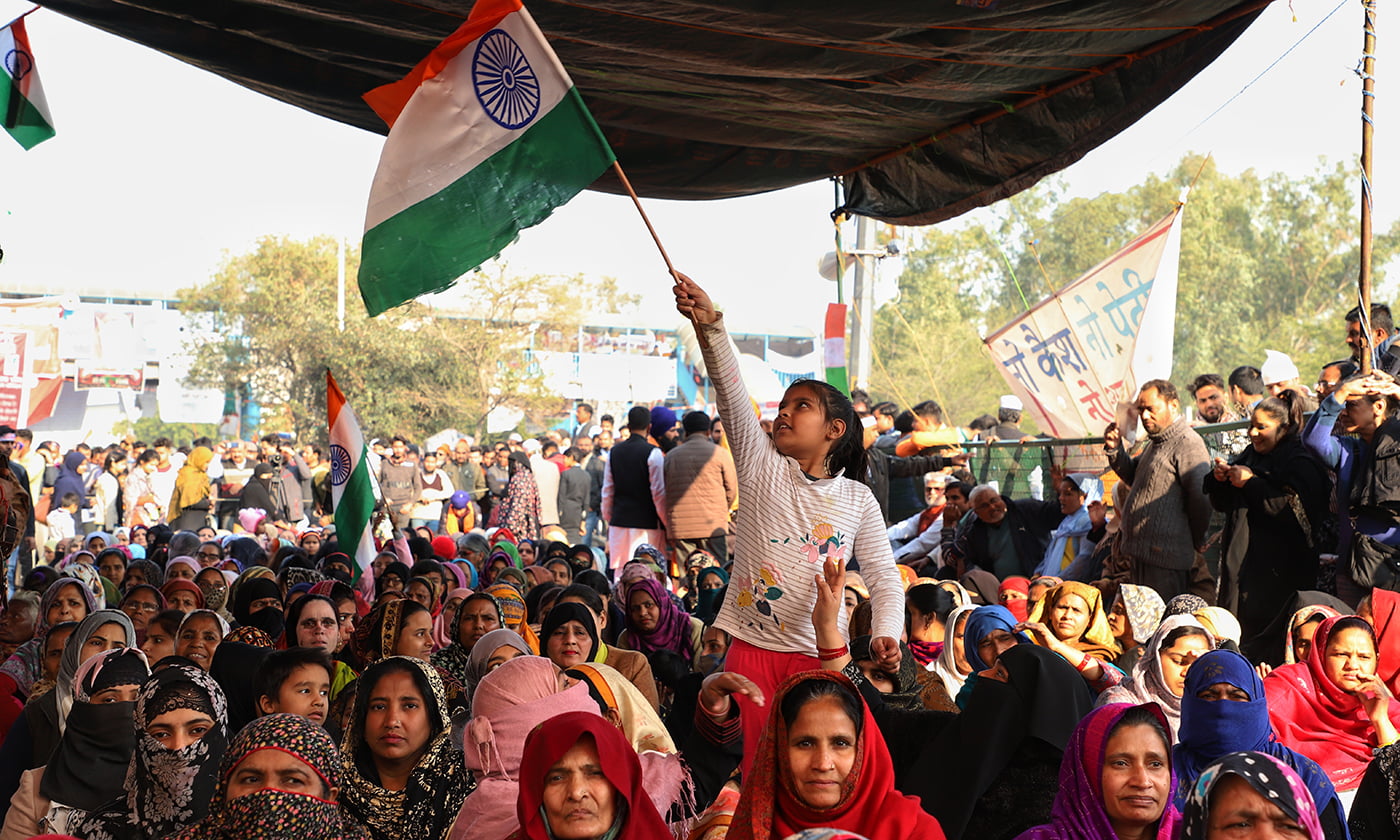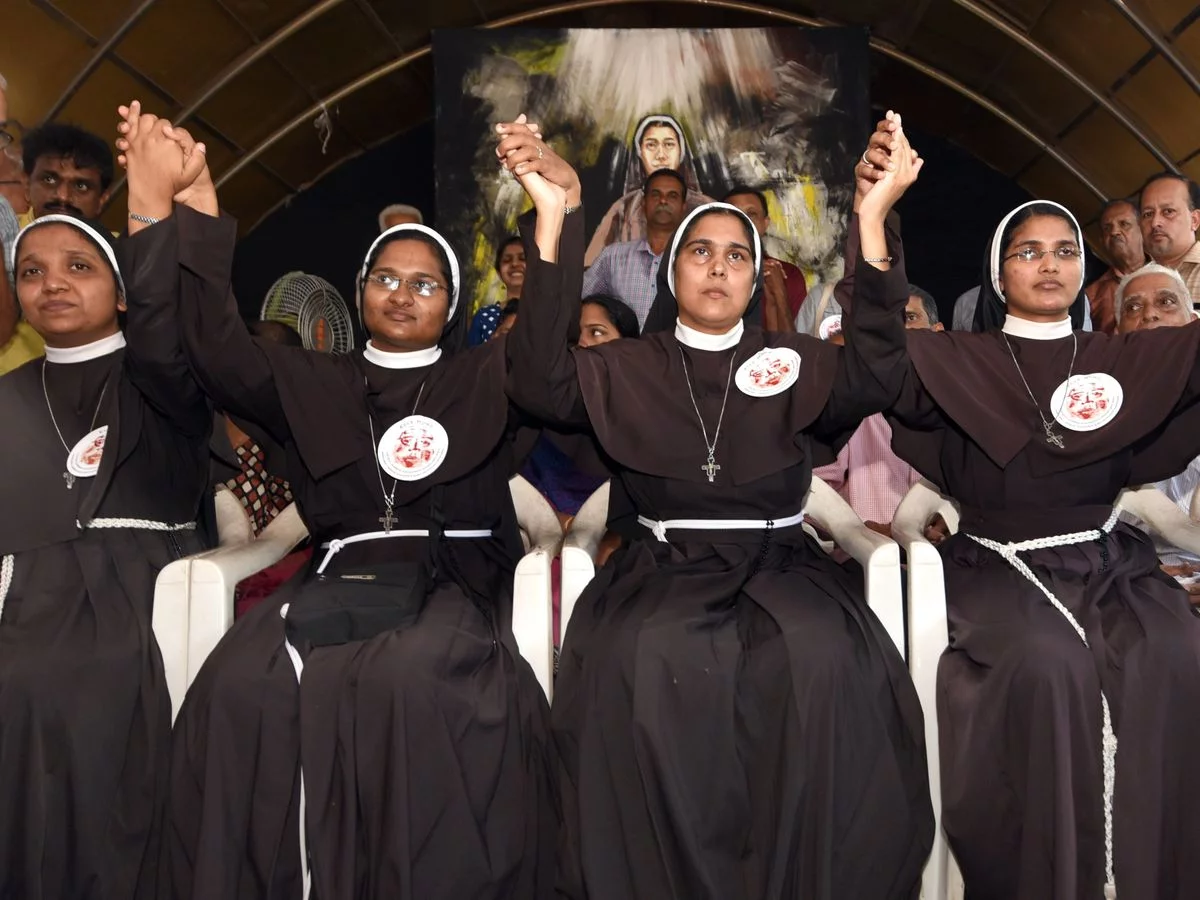The All India Muslim Majlis-e-Mushawarat (AIMMM) is the umbrella body of 12 Muslim organisations, it was established as an advocacy group in the wake of communal riots in the early 1960s. For decades, Muslim Scholars have refused to acknowledge the existence of Ashraf (forward) and Ajlaf/Pasmanda (backwards) in the community and initially have even resisted reservation. Today there is a scramble to get a quota which the courts have repeatedly rejected.
Two seats each have been earmarked for women and other Muslim OBC representatives. This is the first time ever that seats have been reserved on caste lines in any Muslim body in the country.
With the recent announcement by the All India Muslim Majlis-e-Mushawarat (AIMMM), there is a hope of development that might have huge consequences for the nation’s top Muslim organisations. Two seats each have been earmarked for women and other Muslim OBC representatives. This is the first time ever that seats have been reserved on caste lines in any Muslim body in the country.
Also read: Why The Women’s Reservation Bill Is The Need Of The Hour

Besides, plans have been announced to bring on board four members from southern States and one representative of northeast India. This is a good initiative because diversity will undoubtedly aid development. Muslims from different states with diverse cultures face discrimination in different ways, and including people from various regions of the country will provide the organisation with an intersectional perspective on the issues of Indian Muslims.
The question here is whether or not designated seats for women will become a reality, will their opinions be heard? Will their input be included merely on paper or also on a substantive basis? Moreover, will all these efforts lead to significant improvements in the socioeconomic status of Muslim women?
Even though these announcements are only plans, it is astounding to even consider incorporating Muslim women into Muslim organisations. Muslim women’s status in India is somewhat disappointing. The Sachar Committee Report noted that the main cause behind the degraded status of Muslim women is the backwardness of Muslims in the socio-economic sphere. They have lagged behind other religions due to social factors like poverty, low earnings, low rate of literacy, and inadequate avenues of employment. In a study called The changing half: A study of Indian Muslims, it was found that rather than the religious factors alone, other structural and institutional paradigms like customs, traditions, moral systems, patriarchy, the misconception of Islamic principles, lack of self-initiative or inspiration, and lack of support from male members jointly hamper the prospects of women to adopt new values and conform to the changing milieu.
Also read: The Hierarchies In The Women’s Reservation Bill, Feminist & Dalit Movements
The question here is whether or not designated seats for women will become a reality, will their opinions be heard? Will their input be included merely on paper or also on a substantive basis? Moreover, will all these efforts lead to significant improvements in the socioeconomic status of Muslim women?
We have already seen reservations for women in local governance proving to be ineffectual. The reason relies on restricted customs, patriarchal practices and illiteracy. In Jharkhand, Rajasthan, Uttar Pradesh and Madhya Pradesh men accompany and assist women mukhiyas. However, one has to look at the situation rationally. It’s a structural problem. The root cause for this is the socio-economic status which also contains illiteracy, lack of confidence and training of these women representatives. Since most women are illiterate and do not have any training in handling technical issues and financial deals, they have no option but to take assistance from male family members.

Similar circumstances can be envisaged for women’s seats in the AIMMM body given the aforementioned backdrop. Muslim women are among the most vulnerable groups; they lack skills, are uneducated, and are subject to cultural and religious restrictions. Even if they engage in the decision-making process of Muslim organisations, they may be obligated to provide religious/customary advice. It may benefit Muslim women to some level, but it will not help them adapt to changing world situations.
Also read: Women In Politics: Looking Beyond Reservations
Reservations for women in government bodies or organisations are made to increase women’s participation and provide them with a chance to make decisions in a historically patriarchal society. The idea of reserving seats for women in the AIMMM will hopefully become a reality, and even if it doesn’t anytime soon, the idea may offer Muslim women the empowerment that comes from knowing that they are included, acknowledged, recognised, and known.




